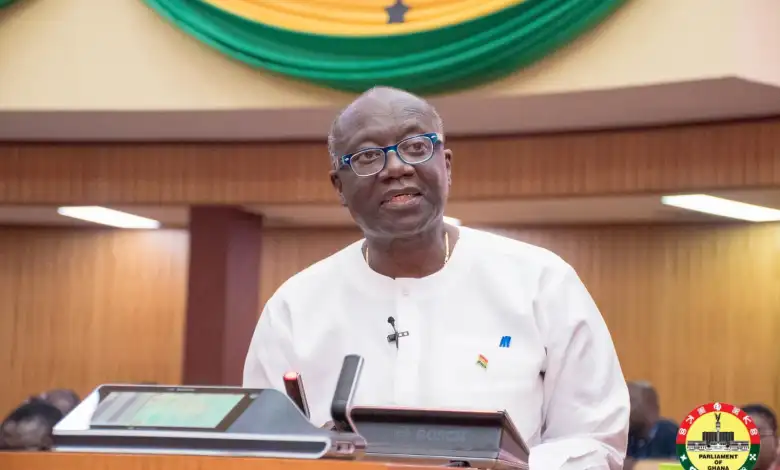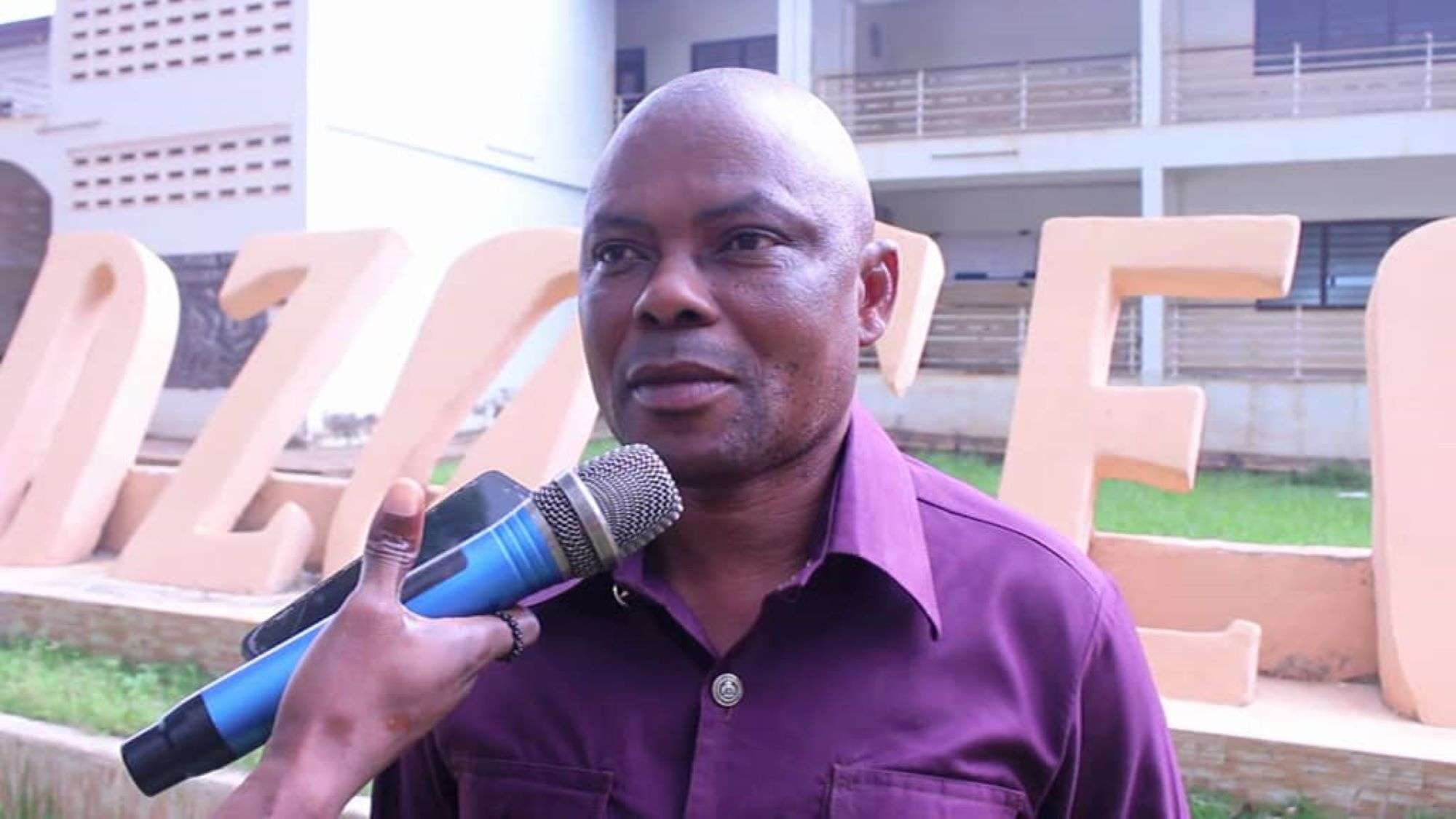The Bank of Ghana has acknowledged receipt of US$600 million as the second tranche of Ghana’s bailout package with the International Monetary Fund (IMF).
The cash meant for budget support and stabilization of the local currency, was officially credited to the Central Bank’s account today, Tuesday, January 23, 2023.
This means, Ghana has received a total of US$ 1.2 billion out of the $3 billion approved under the three-year extended credit facility in May last year.
Citi News understands, unlike the first tranche, which was meant to address Ghana’s balance of payment issues, all of the second tranche will be used to finance projects and programmes in the 2024 budget.
Last Friday, the IMF approved the second tranche after Ghana struck a deal with its bilateral lenders, including China and France, late last week—a key step that triggered the second disbursement.
According to the IMF, Ghana has performed well under the programme, with reforms bearing fruit and signs of economic stabilisation emerging.
All other things being equal, Ghana’s next IMF programme review will take place in six months for the third tranche of US$ 720 million.
Inflow from World Bank
The second tranche has also unlocked additional funding from other international donors. The Executive Board of the World Bank is expected to advance some $300 million in budget support for Ghana.
It follows agreement in principle on the key parameters of the proposed debt restructuring for Ghana reached by the Official Creditors’ Committee under the G20 Common Framework and the subsequent disbursement of the second tranche of the IMF pacakge.
The disbursement will help Ghana in its recovery, attract investments and restore a sustainable growth path while driving the country’s debt sustainability.
It will take a few days for the amount to be drawn down after the Board meets today, January 23, 2023, for the necessary approval.
After this, the World Bank is also expected to disburse some $250 million to the country as part of its contribution to the Ghana Financial Stability Fund, which is expected to assist Banks that have been hit badly by the Domestic Debt Exchange Programme.










